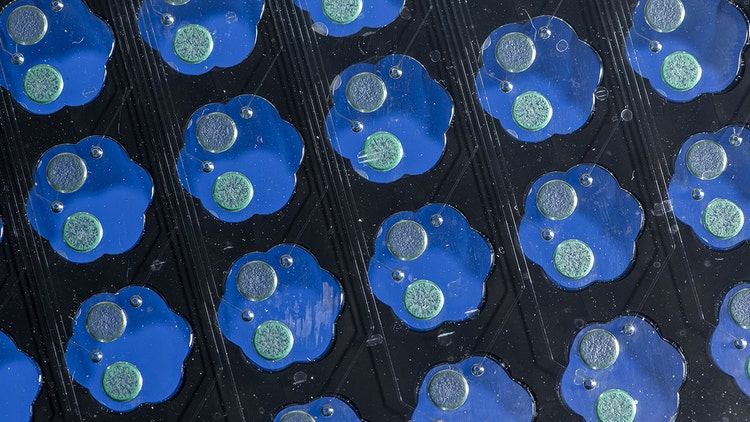Pharmaceutical companies are fast adopting transformative biologics such as monoclonal antibodies and mRNA drugs into their drug manufacturing pipelines. Plasmids are a starting material for the biomanufacture of these biologic drugs. The discovery and production of plasmid libraries often relies on an iterative ‘design, build, test and learn’ cycle to ensure sufficient quality and quantity for further development. Even if such libraries are designed and built quickly using the latest techniques, the testing processes involved in screening plasmids presents a bottleneck.
Reducing bias and improving efficiency
A particular pain point in the plasmid development journey is the selection of colonies for further development. Following the transformation of plasmids into microbial cells, selection media are used to eliminate colonies lacking plasmid DNA. Manual colony picking is very subjective, especially when working with multiple selective markers. Some colonies may be dimmer or less saturated than others, indicative of either lower copy number of the plasmid of interest or suboptimal plasmid component ligation. With large plasmid libraries, manual colony picking becomes impractical and error-prone. Introducing automation solutions such as a Molecular Devices QPix 400 Series can remove subjectivity from the colony picking process and greatly decrease time required for this step, with the ability to use multiple selection markers and increase efficiency by 4.75x compared to manual methods.
Optimizing processes and facilitating scale-up
Plasmids and individual plasmid components also require testing for expression efficiency and fidelity while optimizing microbial culture conditions. Understanding the best plasmid-containing microbial strains for scaling and optimization without compromising yield, quality and reproducibility is essential. The use of flasks or small bioreactors for this purpose is impractical. Parallelization and miniaturization are essential for efficiently screening so many parameters: the Beckman Coulter Life Sciences BioLector XT Microbioreactor allows simultaneous and real-time evaluation of different culture conditions in miniaturized volumes to facilitate parallelized screening, process optimization and scale up.
The Life Sciences companies of Danaher take a holistic approach to drug discovery and development that meets your throughput needs, from initial plasmid screening to scaling up cell banking. To learn how to accelerate your plasmid discovery journey, contact an expert at the Life Sciences companies of Danaher today.
Improving plasmid discovery and development to advance the development of biologics
